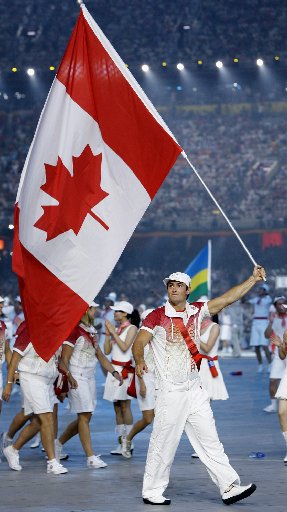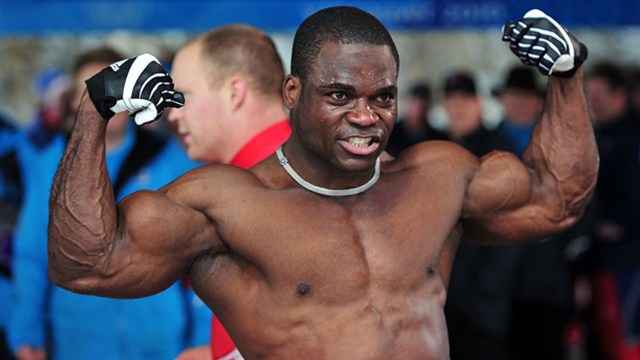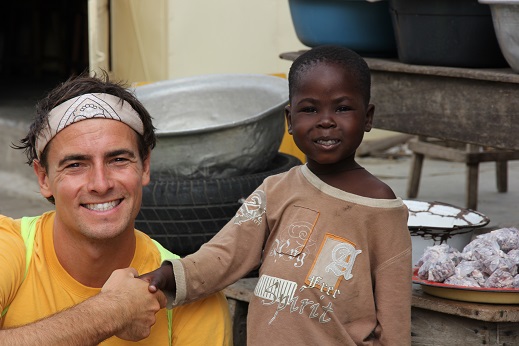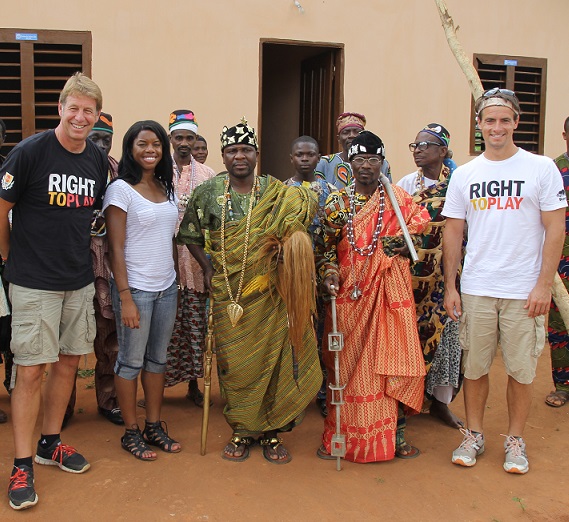Flag-bearer curse is 'pure bunk'
 Wednesday, February 19, 2014
Wednesday, February 19, 2014 
This topic is so overly hyped and stupid that I’m typing with reservation.
I’m inclined to hold the backspace key down until the title line is erased in the hope that the whole conversation capitulates along with every word I’ve typed.
But that’s not going to happen, is it?
So despite my better judgement I’ll carry on with my blog assignment, tilting at the windmill that is this idiotic assertion that one of the highest honours an Olympic athlete can receive carries with it a mystical blight of underperformance.
Firstly, there is a precedent to bearing the Maple Leaf at the opening ceremony.
Typically, an athlete who won a gold medal at a previous Olympic games is selected. Winning gold at the Olympics is really hard; harder still is defending that gold four years later. Catriona Le May Doan is the only Canadian to ever defend an Olympic title in an individual event. She also carried our flag at the closing ceremonies in Nagano and opening of Salt Lake City. She is the poster child for the campaign to dispense with this curse rhetoric.
Beyond sorcery and abracadabra, there have been some tangible theories of how the act of carrying a flag around might impact performance. I’ll highlight a few of these gems for the sake of thoroughness.
- Fatigue. Whether it’s from walking for a few kilometres, standing up for a few hours, or waving a flag high and hard, this argument fails to consider one critical factor: We are talking about OLYMPIANS. Not to suggest that pedestrian activities don’t sometimes make a high-performance athlete's body sore (my coach said a game of darts once kept him off the water for two days). But these folks know their bodies better than a millennial knows their smart phone. An athlete’s competition schedule and how the demands that the privilege could impact preparation and performance are always taken into consideration by the COC, the coach and the athlete. If there are any concerns, there is no shame or dishonour in turning the offer down. Unless Don Cherry finds out, then you are in deep with Grapes.
- Added pressure. Every athlete knows when a water bottle is totally full, you cannot put any more water into it. It’s physics. Full is full. Athletes use pressure like koalas use eucalyptus, or sled dogs use, well, dog food I guess. They use pressure like fuel, that’s what I’m trying to get at. I used a Billie Jean King quote in my previous blog so I can’t use it again, but you catch my drift. There is full pressure, extrinsic and intrinsic. There isn’t any room for more and that's a good thing, so if you could add more (which you can’t) it would be a good thing.
- The mortal fear of tripping while on television. Whether you are on your way to accept a Golden Globe, walking behind the weather guy in front of the CBC building, or the next contestant on the Price is Right, the terror of this possibility affects everyone, except Olympians. Olympians don’t have fear.
So that’s it. I got the last word on the dumb flag-bearer curse discussion. Case closed, no more talking about it. Let’s be positive folks!
And to our flag-bearer here in Sochi, three-time Olympic Champion, one-time silver medallist, and five-time Olympian (she played softball for Canada in Sydney! Whaaat?), Hayley Wickenheiser, wave that thing high and hard cause we are all going to be screaming at the TV!
Just don’t trip.



















